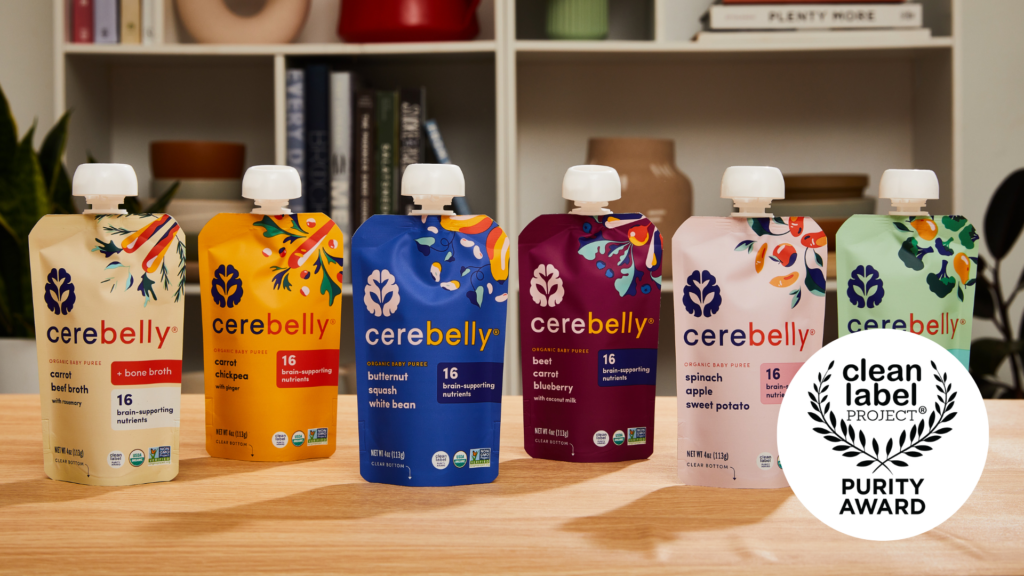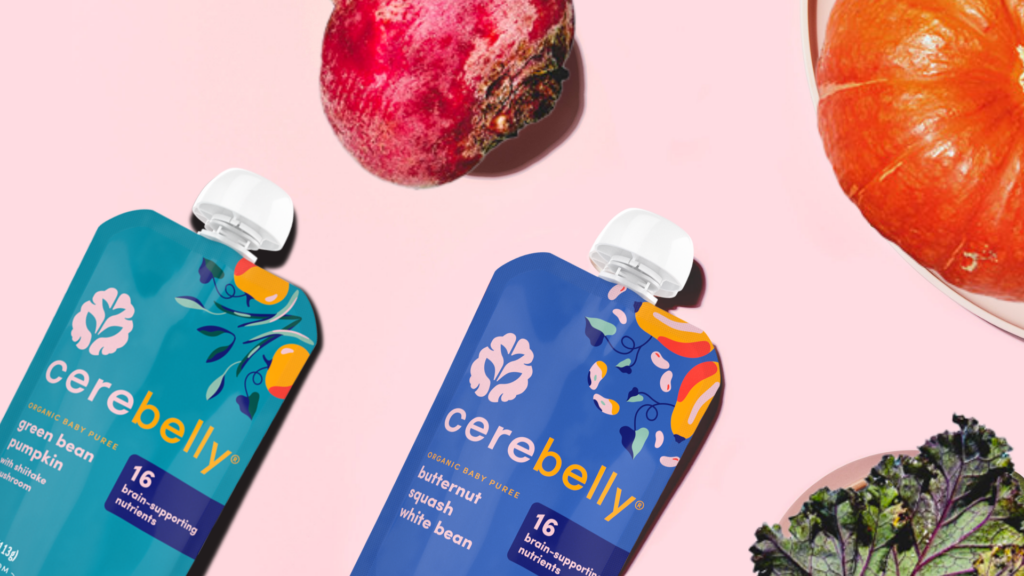Immune Defense for Our Little Ones
Winter used to be called ‘sniffle season’, but this term is now an understatement.
While we used to say ‘sharing is caring’ to our kids, we now have taken an about-face, to say ‘sharing is not always caring.’ At least when it comes to toys that young children put in their mouths, or the communal bag of chips…
Times have abruptly changed. Or so it feels.
As parents, we spend an awful lot of time protecting our children from illness. Here’s some reminders and nutrition tips to help keep them healthy by being proactive about immune defense for our little ones.
The mainstays of keeping as healthy as possible during this prolonged ‘sniffle season’ (and always) are handwashing, less stress and good sleep, and good nutrition.

1. Hand washing is the #1 way to prevent colds
Have your kids to wash their hands with soap and then dry well, as soon as they get home from, well, anywhere. Perhaps the pandemic has forced kids to learn ‘not to touch their mouth/nose/eyes’, but we all know this is still easier said than done! Nevertheless, try not to lump this one into the category of ‘pick your battle’, it’s ‘that’ important!

2. Stress and poor sleep can make us more susceptible to getting colds this time of year
Here’s a tip from Ann Marks, Founder of The Full Feedings Method: Prolonged sleep deprivation can compromise babies & parents immune systems, so it’s important to make sure the whole family is consistently getting adequate sleep, especially during cold & flu season.

3. Get a head start on nutrition
Truth: The immune system is only impaired in otherwise healthy kids when they have a vitamin or mineral deficiency (or low intake of these nutrients). So supplementing their diets with what are often called ‘cold remedy or cold prevention’ foods/supplements will in most cases make little difference.
The key is to come into the ‘cold and flu season’ without vitamin or mineral deficiencies — to do so, you need a healthy diet with a focus on certain nutrients.
Which nutrients should you focus on for immune defense for our little ones?
Here’s a list (and how to find them)
Zinc
- mushrooms, meat, spinach, wheat germ, beans, chickpeas, egg yolk
Zinc is a mineral that is crucial for the proper function and strength of specific immune cells in our body. It’s like fuel for our cells to keep them strong.
Vitamin C
- strawberries, kiwi, oranges, red peppers
Vitamin C is an antioxidant that has been shown to help prevent infection, which we all need during this time of nonstop illness. It does this by helping the immune system mount and sustain an appropriate immune response to combat the inevitable ‘germs’ being passed around.
Vitamin E
- avocado, dark green veggies, almonds, sunflower seeds and oil, peanut butter
Vitamin E is also an antioxidant. Think of this as protection for cells from damage. Damaged cells don’t function properly and can’t help us to fight infection. Try to offer children foods rich in vitamin E this season for sure.
Vitamin B6
- avocado, spinach, sweet potatoes, butternut squash
Vitamin B6 has many functions in the body. One of them is to help reduce inflammation. This is helpful because reducing inflammation is the same idea as de-stressing the body. Vitamin B6 participates in the functioning of the entire immune system, so it’s an important nutrient to consider (1).
Selenium
- mushrooms, beef, chicken, tuna, eggs, cottage cheese, brazil nuts (2)
Selenium is an antioxidant that partners with proteins in the body to help initiate and regulate our immune responses. The body can’t make its own selenium, which is why it’s called an ‘essential nutrient’. This means we need to get it from our food.
Protein
- beans, meat, eggs, milk, peas, lentils, chickpeas, nuts
Protein is not just for strong muscles and brain development. It quite literally keeps up the structure and function of the immune system (as well as many other systems in the body). In addition, proteins are broken down in the body so that their smaller components can be used to carry out important functions, such as optimal production of antibodies (3).
Vitamin D
- milk, egg yolk, vit D supplement for everyone
Vitamin D is so interesting! We’re used to hearing about it in terms of bone health, but science has shown us that it can do so much more. Think of vitamin D as a’ key’ that can unlock an immune cells’ ability to suppress production of pro-inflammatory substances (4).
Probiotics
- yogurt, kefir, fermented vegetables
While these are not nutrients, they can be components of our diet when we choose certain foods. This article is not intended to recommend probiotic supplementation for children. Rather to discuss foods that may offer benefits to the body.
Probiotics are micro-organisms that have a physiological benefit. They displace some ‘bad microorganisms’ and make for a happier gut. Some studies have shown promising evidence that some probiotics found in yogurt may help ‘reduce the risk’ of some upper respiratory infections (5).
How much of these foods do I need for immune defense?
I’m a pediatric dietitian and this is a question I receive following almost every conversation I have with families about which foods to choose for their kids. Parents want to know ‘how much?’ My honest answer is just to offer the foods often and not stress about the quantity.
It seems simplistic but the main goal is to find appealing and easy ways to offer these healthy foods. If they don’t like the way you offer, say chickpeas, then try a different method or seasoning the next time. And Cerebelly’s purees and smart bars contain high amounts of a lot of these nutrients too, so they’re a great addition to mealtimes or as cold season snacks. Of course, remember that children need multiple exposures to a new food before they may accept it. Keep at it!
References:
References:
1. Stach K. et al. Vitamin B6 in Health and Disease. Nutrients. 2021 Sep; 13(9): 3229. https://www.ncbi.nlm.nih.gov/pmc/articles/PMC8467949/
2. The Scoop on Selenium. Dietitians of Canada. https://www.unlockfood.ca/en/Articles/Vitamins-and-Minerals/The-Scoop-on-Selenium.aspx
3. Li P. et al. Amino Acids and Immune Function. Br J Nutr 2007 Aug;98(2):237-52
4. Mailhot G. Vitamin D and Immunity in Infants and Children. Nutrients 2020, 12, 1233
5. Hao Q. Probiotics for preventing acute upper respiratory tract infections.
Cochrane Database of Systematic Reviews. 2015 https://www.cochrane.org/CD006895/ARI_probiotics-live-micro-organisms-to-prevent-upper-respiratory-tract-infections-urtis-for-example-the-common-cold
About
the author
Stacey Segal BScA, MSc, RD

Stacey is a pediatric dietitian and a mom of two little eaters. Her career has been dedicated to nourishing babies, toddlers and kids. She’s a staff dietitian at The Hospital for Sick Children, Toronto, specializing in neuroscience. Stacey is also the founder of the Prenatal and Pediatric Nutrition Clinic at GSH Medical, and a nutrition writer for AboutKidsHealth website. Being a mom herself, she has experienced the challenges that come with feeding kids. She’s passionate about helping families raise well nourished kids right from the start!
Have more questions? Send us an email at support@cerebelly.com and we will be sure to get back to you!



